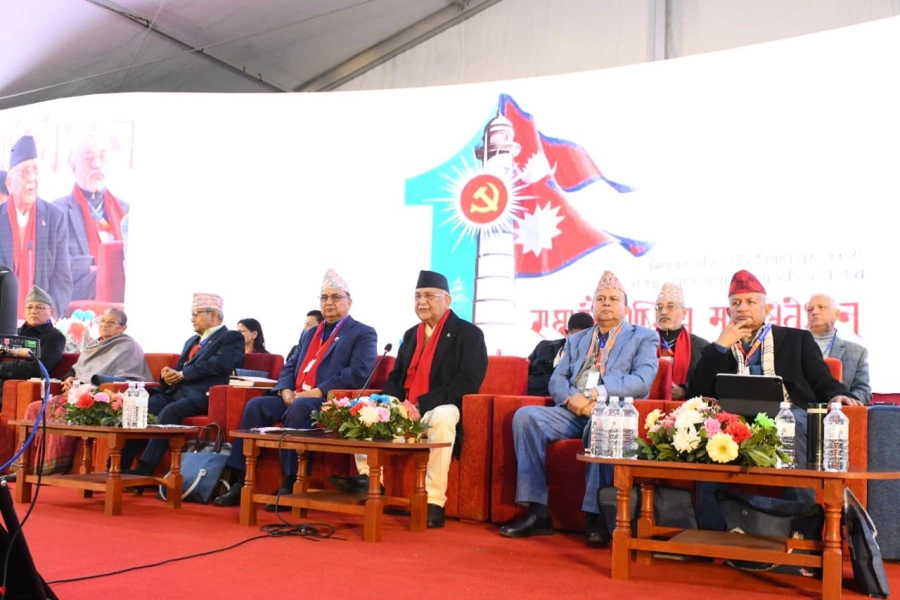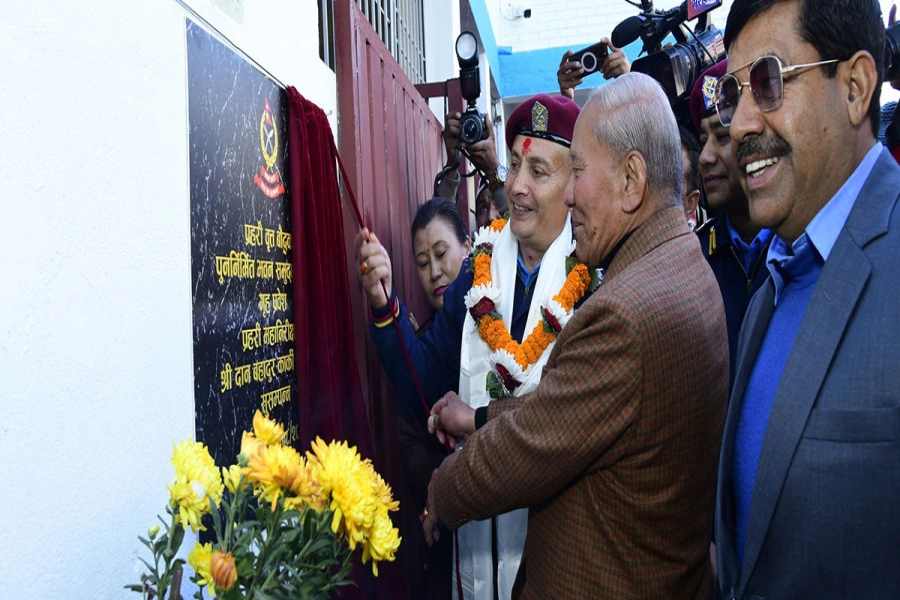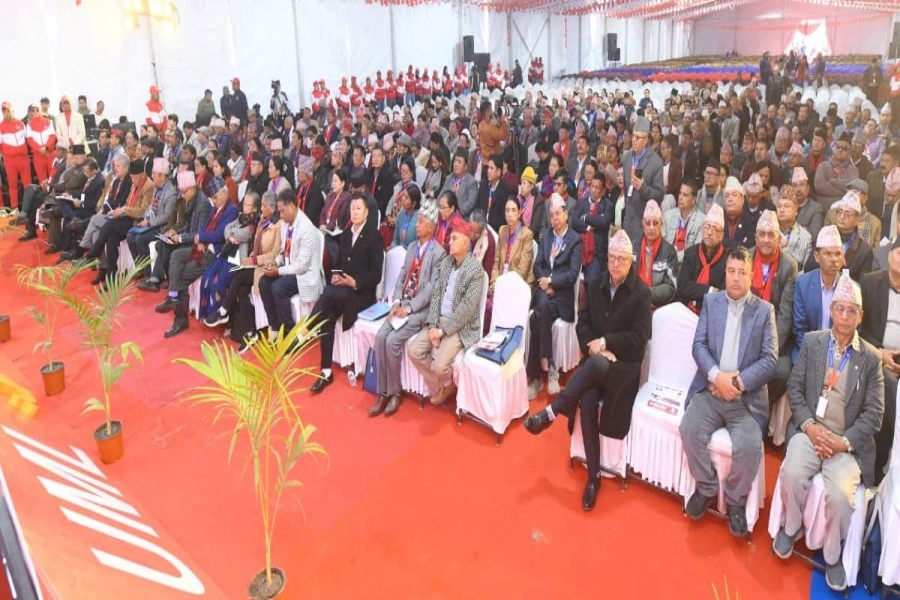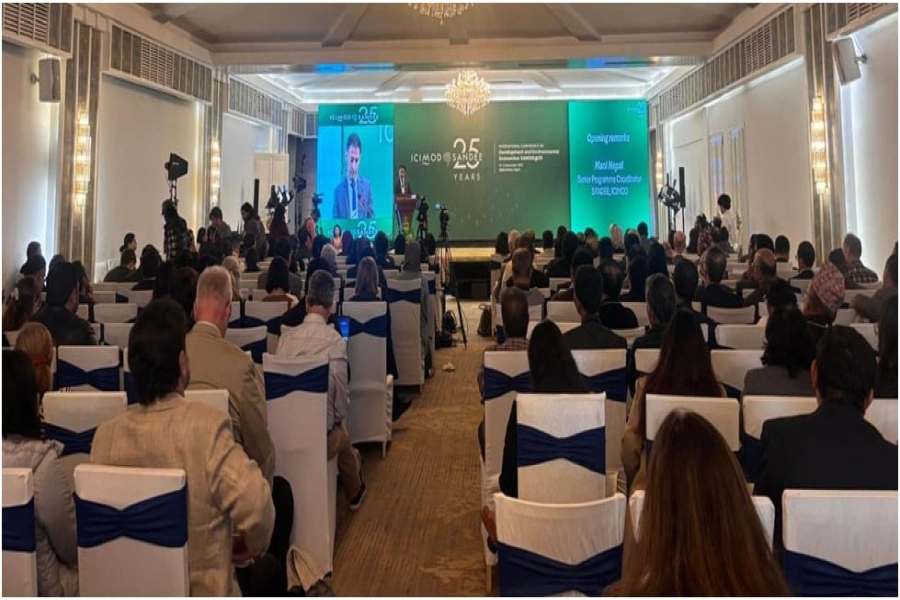Another department has already procured the same system which can be used by other government agencies
KATHMANDU, Sept 25: The e-passport system that the Ministry of Foreign Affairs (MoFA) is set to introduce will likely incur the state coffers about Rs 1 billion in unnecessary expenses.
The Department of Passports (DoP) in a recent international tender offer announced it is to procure an Automated Biometric Identification System (ABIS) – something that another entity of the government, the Department of National Identity Card and Civil Registration (DoNICCR), has already procured.
Highly-placed government officials have expressed concern over the waste of scarce budget funds as the DoP is unnecessarily trying to acquire something that the DoNICCR has already purchased at the cost of about Rs 1 billion. They suspect that commissions or kickbacks are part of the calculus.
Clause 35 of the National Identity Cards and Civil Registration Act, 2019 clearly states that any government agency can utilize biometric data and details contained in the DoNICCR without breaching the confidentiality of such information pertaining to individual citizens. This provision clearly allows the DoP to use data and other information collected by the DoNICCR.
NIDMC begins consultation on biometric ID's significance

Experts suspect vested interests on the part of top decision makers in getting the DoP to go for such redundant procurement and at such cost. The suspicion was fueled after the DoP turned down an offer by the DoNICCR to let it use the existing biometric details on Nepali citizens for e-passports.
DoNICCR spokesman Shiva Raj Joshi said they had contacted the DoP, which is under the Ministry of Foreign Affairs (MoFA), asking them what biometric details they were in need of for the e-passports. He said they had even held consultations with other government agencies concerned for their suggestions as they were trying to develop the ABIS system.
DoP Director General Ram Kaji Khadka said although the ABIS system installed by the DoNICCR could be used for the e-passports, they may need a separate ABIS system in course of time. He further said they plan to use the biometrics collected by the DoNICCR while working to develop their own separate system for e-passports.
Khadka argued that it was good to have a separate system for the DoP to print its e-passports, despite the huge extra cost.
Meanwhile, an examination of the specifications made in the procurement tender shows that no parties other than Gemalto and another French firm Idemia Identity and Security can bid for the tender. Interestingly, the DoNICCR has already procured its ABIS system from Idemia Identity and Security, which was previously known as Oberthur Technologies. This company is currently also working on the Machine Readable Passport project.
The government awarded the Rs 1 billion tender without competitive bidding and channeled the decision through a cabinet meeting in order to place it outside the purview of any anti-graft body. Insiders at the DoP say Gemalto and Idemia are using political and bureaucratic influence to corner the tender bid.
Advocate Mohan Ingnam, who was formerly with the Nepal Bar Association (NBA) and specializes in procurement law, said the DoP should cancel the tender process as another government entity has already procured the same system and this can be used by other government entities without any problem.
He expressed concern that other government agencies such as the Election Commission, the Department of Immigration and the Department of Foreign Employment, which also require biometrics, may follow the example of the DoP and invite similar procurement tenders.
The DoP, meanwhile, does not have any technical human resources for handling the new technology. Parliament’s Committee on State Affairs and Good Governance had directed MoFA to arrange for the technical human resources before introducing e-passports, but the ministry has not complied.
Prof Subarna Shakya, who teaches IT at Pulchowk Engineering Campus, said national and strategic security may be jeopardized if the responsibility for handling such sensitive systems is entrusted to foreign entities. “The chances of misuse of data are high if the DoP rushes into an ABIS system without arranging for permanent human resources for operating the system,” he said.




































